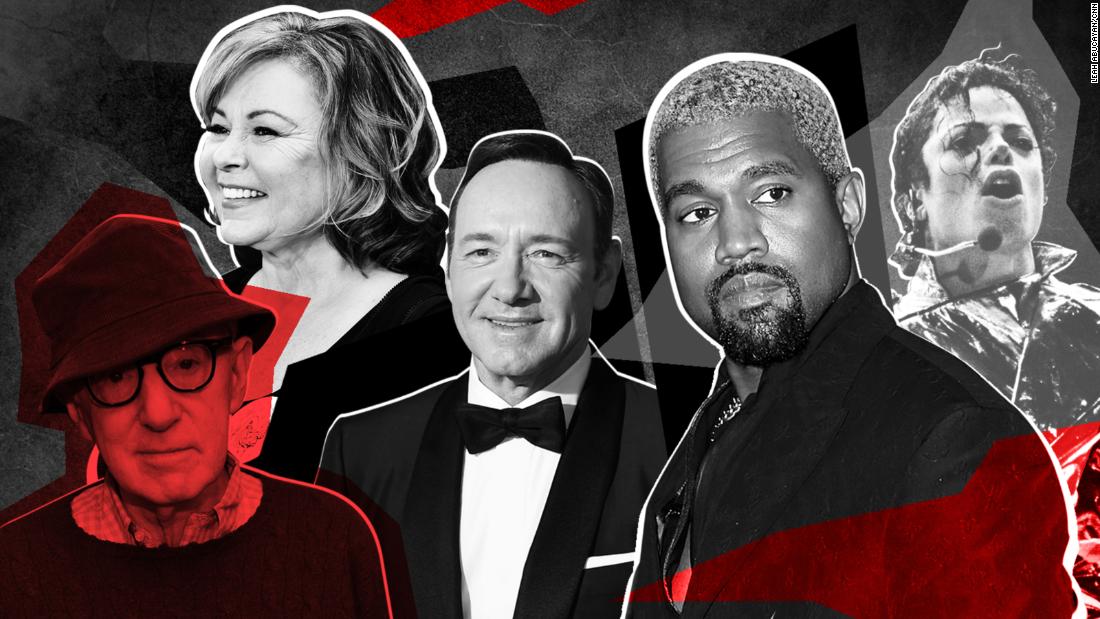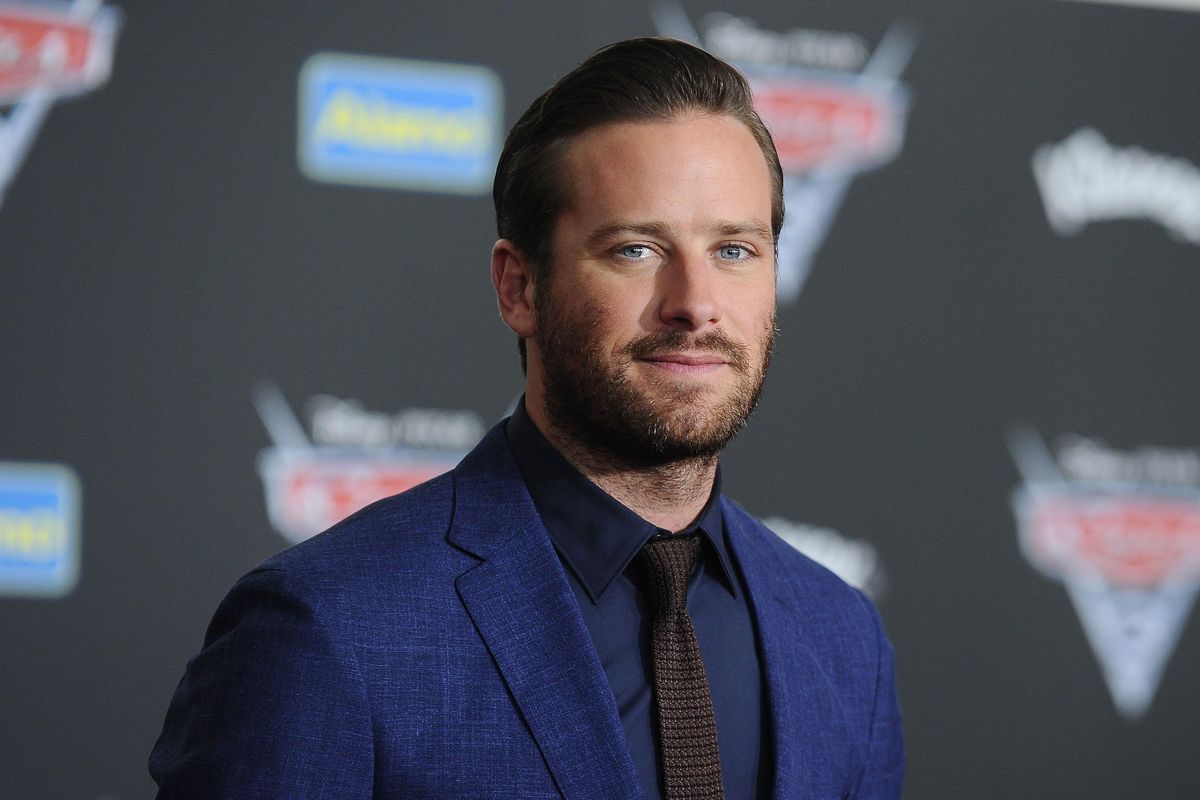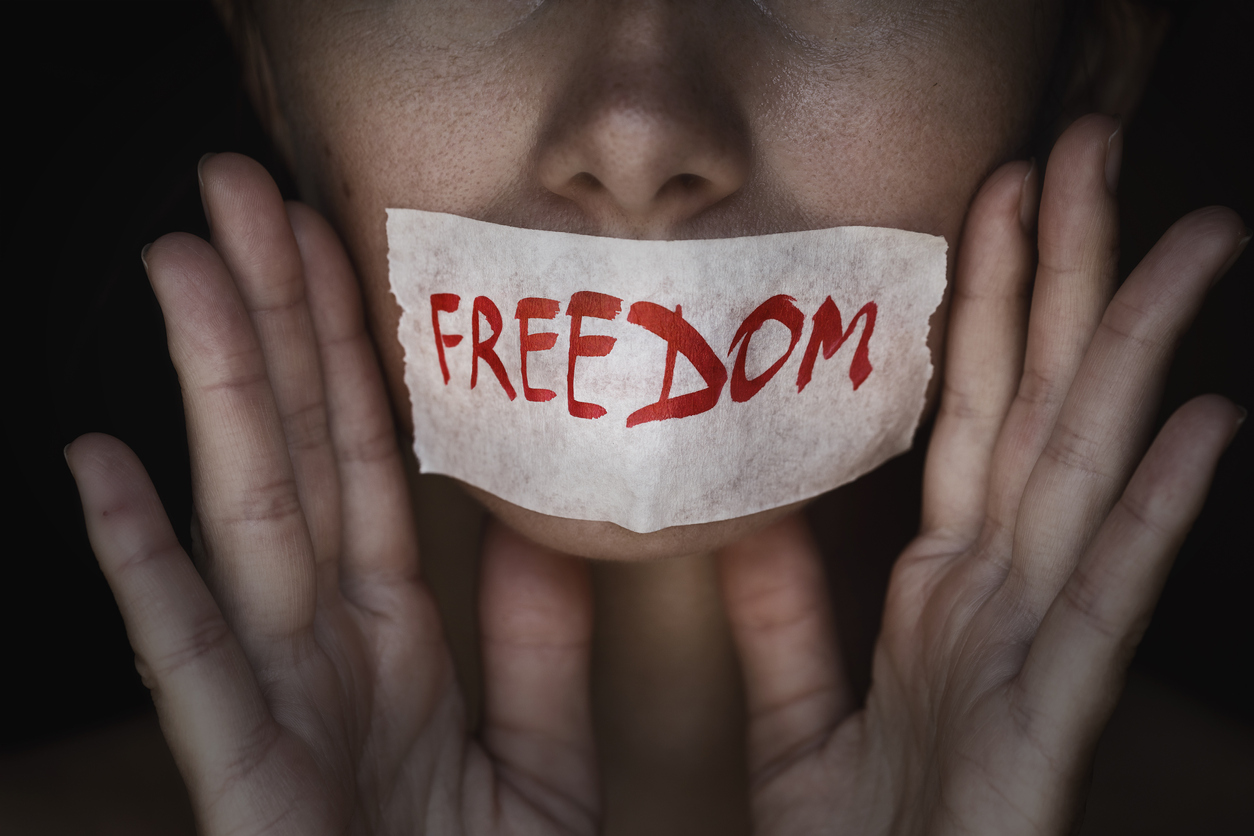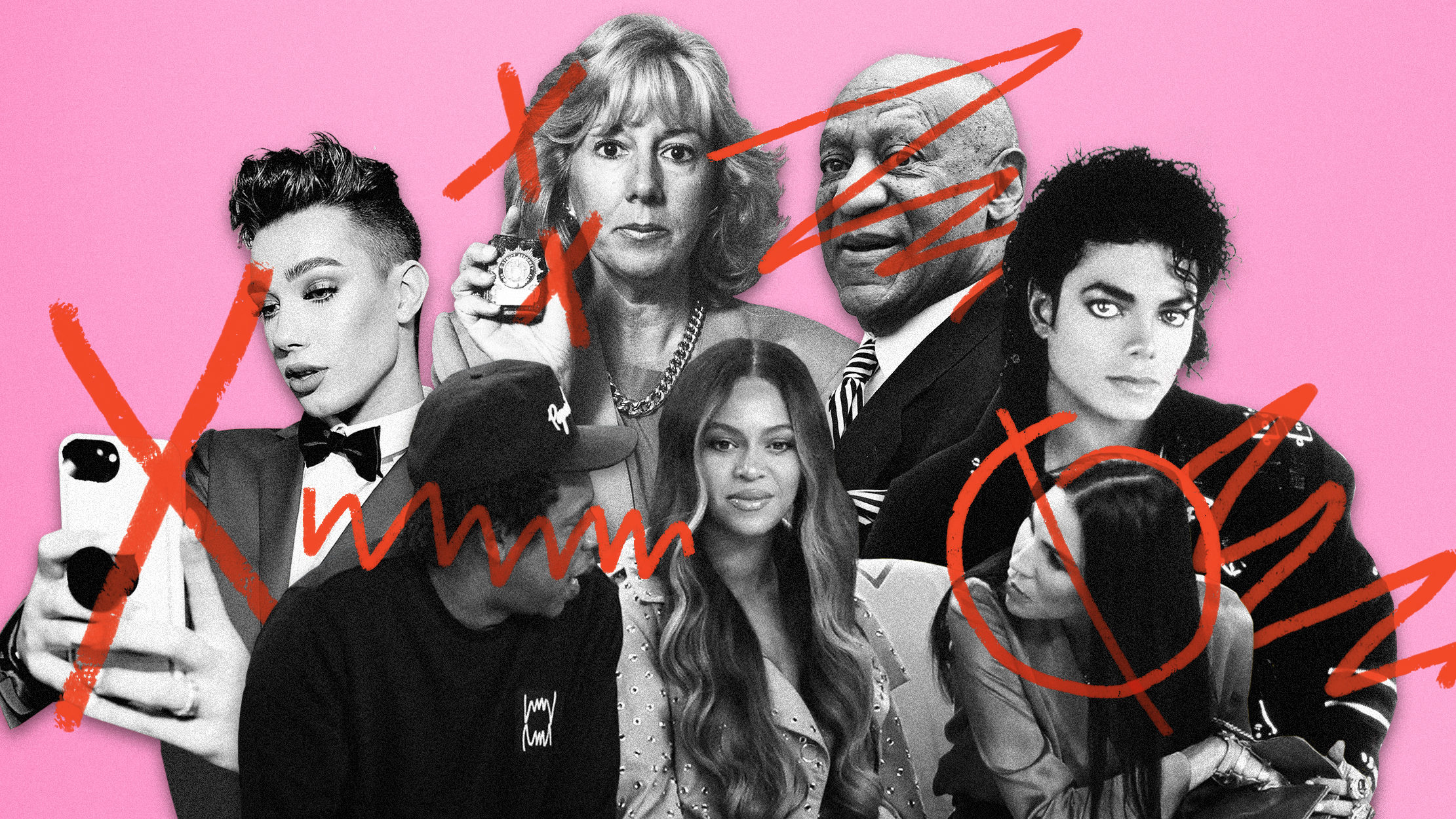Jimmy Fallon. Shane Dawson. Vanessa Hudgens. Ellen Degeneres. Chris Pratt. Have you figured out what all these celebrities have in common? Well, they have all been “canceled.” In other words, they have all been associated with cancel culture which, if you’re not familiar with it, is the denunciation from the public when a person, company, organization, etc. does something offensive or insensitive.

How did it all start?
The word “cancel,” as in to not support someone or something, originally came from the 1991 film New Jack City. In one scene, a gangster named Nino Brown uses this term when referring to his girlfriend at the time. ‘Cancel’, since then, had resurfaced in 2010 on Lil Wayne’s “I’m Single” song in which he mentioned the movie. Essentially, it got its major introduction in 2014 when Cisco Rosado in the reality show Love and Hip-Hop: New York used it. Afterwards, viewers began using “canceled” in lighthearted jokes they tweeted on Twitter.
Ex: “Meg loves orange. She’s cancelled.”
– Jess (@jesstar4) October 21, 2015
from Vox
Seemingly, what started out as something carefree erupted into a fierce public shaming seen very frequently on social media today.
What is the purpose of canceling someone?
On the broader spectrum, canceling someone is meant to improve us as a society by essentially training us to think more acutely before they act. For example, if a person says a racist joke, canceling them is supposed to signal to others that that action was disrespectful and unacceptable. In the simplest terms, “When you cancel someone that is toxic, you are sending the message to other toxic people you cannot get away with this.” (Video: “Should We Cancel Celebrities for Their Crimes?| Middle Ground” by the Youtube Channel, Jubilee)

Advocates for cancel culture argue that it is an influential tool by the public, especially when we cannot trust the justice system to properly punish public figures for wrongdoings. An instance in which people were swayed to be less dependable on the justice system was in 2014. Singer Justin Bieber was detained by Miami Beach Police for DUI, resisting arrest, and drag racing. The only outcome from this was that he was forced to take anger management classes and contribute a charitable donation. Nowadays, this case and countless more involving celebrities, have become a source of reflection for some. People can’t restrain themselves from thinking what if Bieber was instead the average individual with an average job? What if it was a person of color? For them, it is a matter of citizens coming through when authorities don’t in order to make the difference that our society needs.
Aftermath of Canceling Someone
Many can agree that when public figures get convicted of a crime, they can– in most cases– buy their way out. Those who are pro-cancel culture believe that widespread disapproval of these people can help in stripping them of their platform. As a result, if they cannot be punished legally they will at least be shunned from the media and the public eye.
An example of this would be the case of Armie Hammer, Call Me by Your Name star. Recently, he has been linked to cheating with his wife and being exposed for having controversial proclivities, such as talking freely about cannibalism. Although he hasn’t been involved in any murder crimes, he received a large amount of hate online and was forced to cancel a few of his upcoming projects. This included the romantic comedy Shotgun Wedding starring Jennifer Lopez as well as the Paramount series, The Godfather.

If only it always happened like this: someone does something wrong and then they are condemned and society becomes better because of it. Unfortunately, it’s not that simple.
The article, “Why we can’t stop fighting about cancel culture” by Vox mentions, “Continued support for those who have been canceled demonstrates that instead of costing someone their careers, attempting to cancel someone can encourage sympathy for the offender.” This could be seen with Michael Jackson and author of the Harry Potter book series, J.K. Rowling. Noteworthy documentaries have introduced numerous allegations of assault, yet Jackson’s music streams increased staggeringly. As for Rowling, she expressed some of her trans-phobic beliefs and consequently witnessed a rise in her book sales in Great Britain.
Is Cancel Culture Good or Bad?
I think it’s best to decide for yourself. Although canceling someone can prove to have an advantage in that it upholds the idea that the world won’t tolerate any wrongdoings, it also comes with its downsides. Those who are anti-cancel culture agree that for a normal person, cancel culture can be their worst nightmare. “Cancel culture is often referred to as a guilty-until-proven-innocent process in which the victim is only let off the hook when there’s an overwhelming amount of evidence on his or her side.” This means that if that average person cannot get a hold of a lawyer to prove that somehow they are in the clear, then they can possibly lose their job, money, and tolerable reputation.

Many also point out that cancel culture most nearly means canceling free speech. Delegates of the 2020 Republican National Convention outlined “cancel culture as having ‘grown into erasing of history, encouraging lawlessness, muting citizens, and violating free exchange of ideas, thoughts, and speech.’” We are connected more than ever through social media which means everything can be considered offensive in a world filled with people who have different cultures, customs, beliefs, ideas, etc. In addition, we all have different perceptions of what is right and what is wrong. So, it is difficult, for example, for one to voice out their point of views on issues as anyone in today’s standards could find it disrespectful.
“Cancel culture is not actually about justice. It is about control. People use cancellation to force conformity to ideals.”
– Teal Swan
